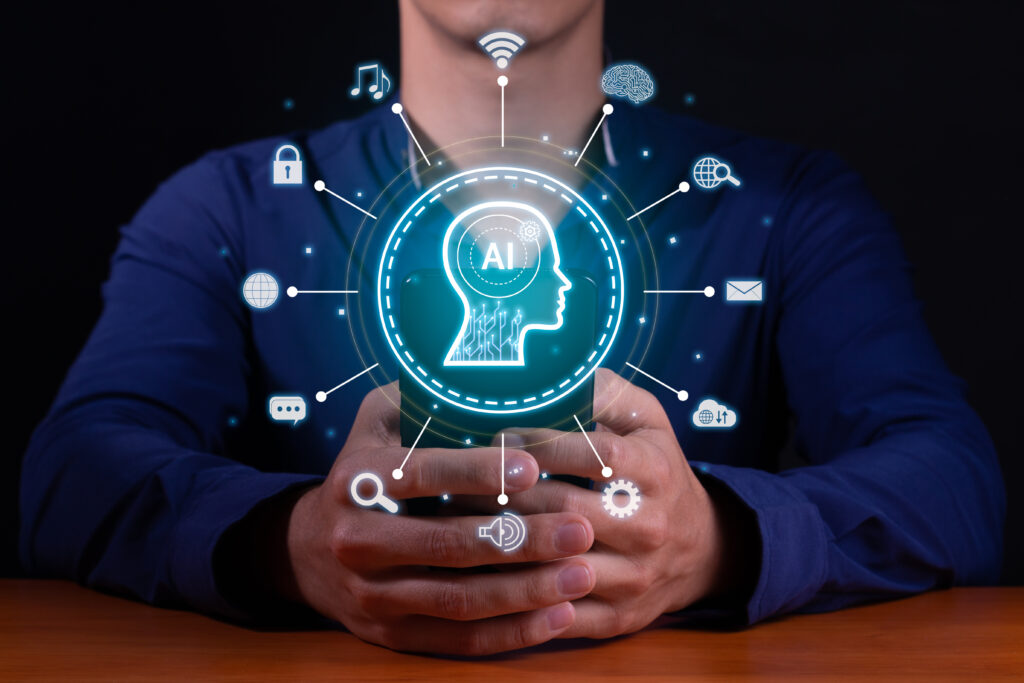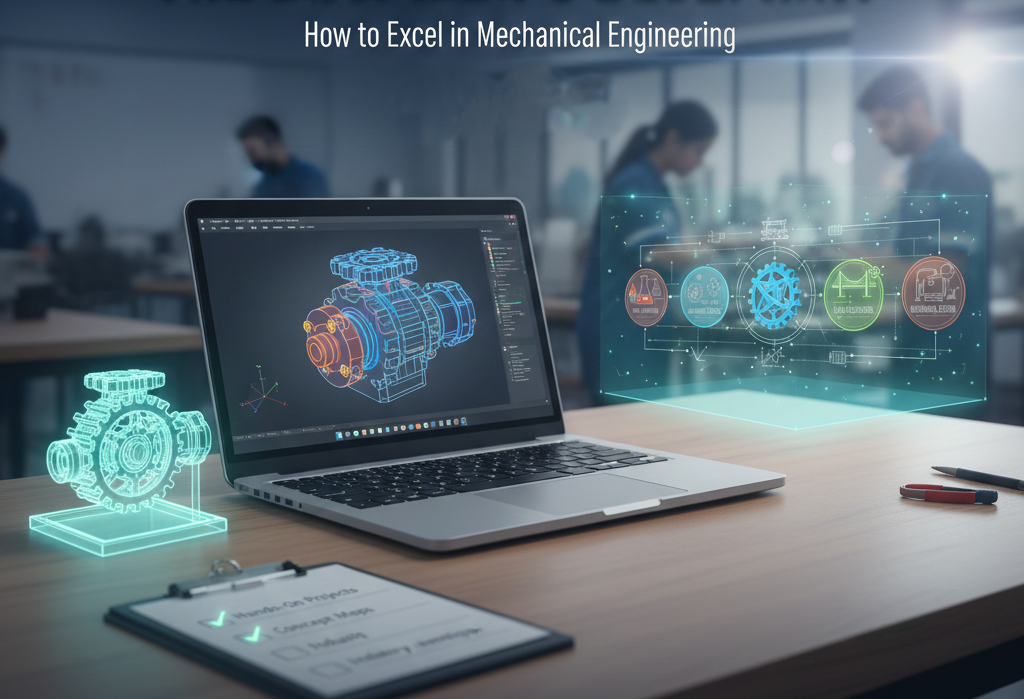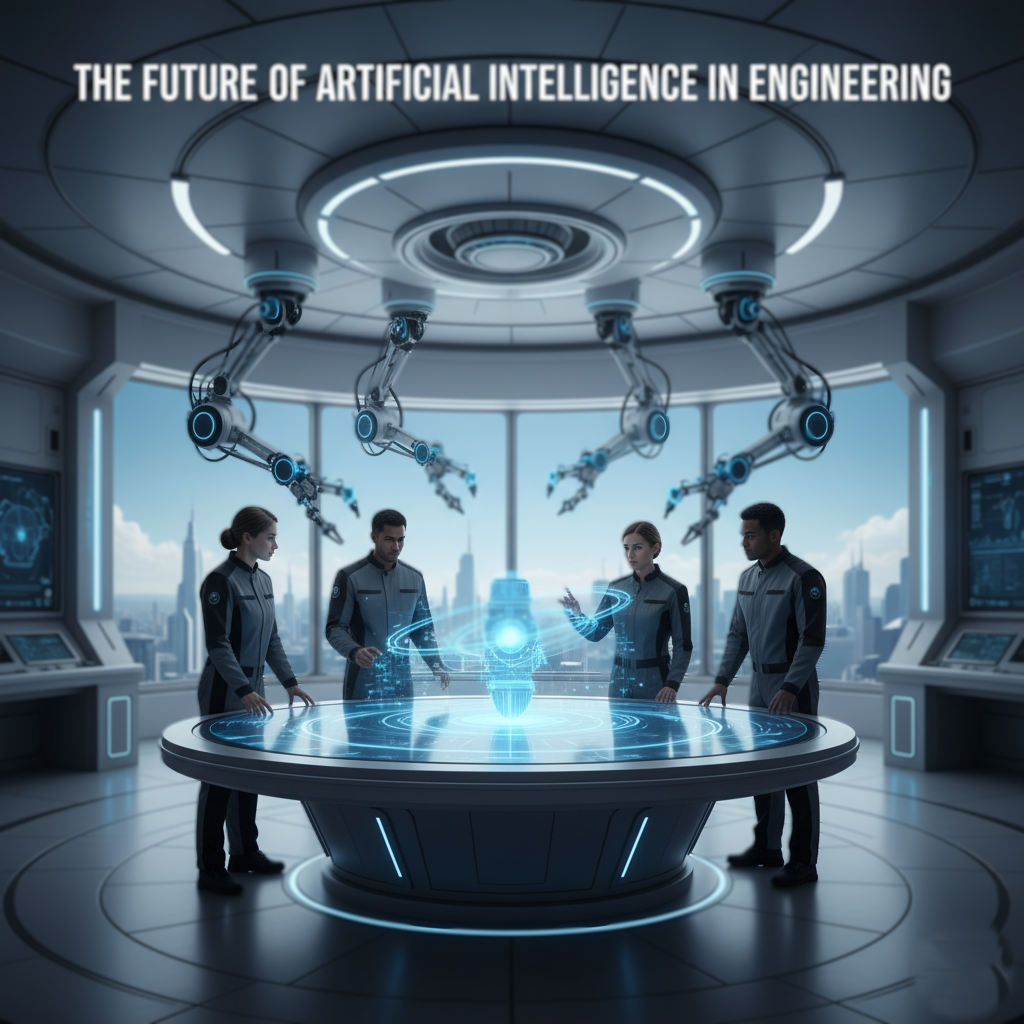
In the realm of modern technology, the integration of artificial intelligence (AI) has revolutionized various industries and engineering is no exception. With its capacity to analyze vast amounts of data, optimize processes, and augment decision-making, AI is reshaping the landscape of engineering practices across multiple domains. From manufacturing and construction to design and maintenance, the influence of AI is pervasive, offering unprecedented opportunities for innovation and efficiency. In this blog, we’ll delve into the burgeoning role of AI in engineering and explore its implications for the future.
The Evolution of AI in Engineering:
Over the past few decades, AI has evolved from a theoretical concept to a practical tool, thanks to advancements in machine learning, deep learning, and computational algorithms. Engineers have leveraged AI techniques to tackle complex problems that were once deemed insurmountable. From predicting equipment failures to optimizing supply chains, AI-powered solutions have become indispensable in enhancing productivity and reducing costs.
Applications Across Engineering Disciplines:
1. Manufacturing:
AI-driven automation has transformed manufacturing processes, enabling predictive maintenance, quality control, and adaptive production systems. With AI-powered robots and smart sensors, manufacturers can streamline operations, minimize downtime, and ensure consistent product quality.
2. Design and Simulation:
In engineering design, AI algorithms are revolutionizing the process of prototyping and simulation. Generative design techniques, coupled with AI-driven optimization algorithms, enable engineers to explore a myriad of design possibilities and identify the most efficient solutions. This iterative approach not only accelerates the design process but also leads to the creation of innovative and optimized products.
3. Construction:
In the construction industry, AI is driving advancements in project management, safety monitoring, and resource allocation. With the help of AI-powered drones and sensors, construction sites can be monitored in real time, ensuring adherence to safety protocols and efficient utilization of resources. Furthermore, AI-driven project management systems enable better scheduling, cost estimation, and risk mitigation.
4. Maintenance and Asset Management:
AI plays a crucial role in predictive maintenance, allowing engineers to anticipate equipment failures before they occur. By analyzing historical data and monitoring real-time performance metrics, AI algorithms can identify patterns indicative of potential failures, enabling proactive maintenance interventions and minimizing unplanned downtime.
Challenges and Opportunities:

While the integration of AI in engineering offers myriad benefits, it also presents challenges that need to be addressed. These include concerns about data privacy, ethical implications, and the potential displacement of human labor. Moreover, ensuring the reliability and interpretability of AI models remains a critical issue, particularly in safety-critical applications.
However, despite these challenges, the rise of AI in engineering presents immense opportunities for innovation and growth. By embracing AI technologies and investing in workforce training, organizations can unlock new possibilities for product optimization, process efficiency, and sustainable development.
The Future Outlook:

As AI continues to advance, its role in engineering will only become more pronounced. From autonomous vehicles and smart infrastructure to renewable energy systems and precision agriculture, AI will drive the next wave of technological innovation across diverse engineering domains. Moreover, the synergy between AI and other emerging technologies such as 5G, Internet of Things (IoT), and blockchain will further amplify its impact, paving the way for a future where intelligent systems are seamlessly integrated into every aspect of our lives.
In conclusion, the rise of artificial intelligence in engineering heralds a new era of possibility and progress. By harnessing the power of AI-driven insights and automation, engineers can overcome challenges, unlock efficiencies, and create once unimaginable solutions. As we navigate this transformative journey, it is imperative to embrace AI as a catalyst for innovation and empower engineers with the tools and knowledge to shape a brighter future for generations to come.






